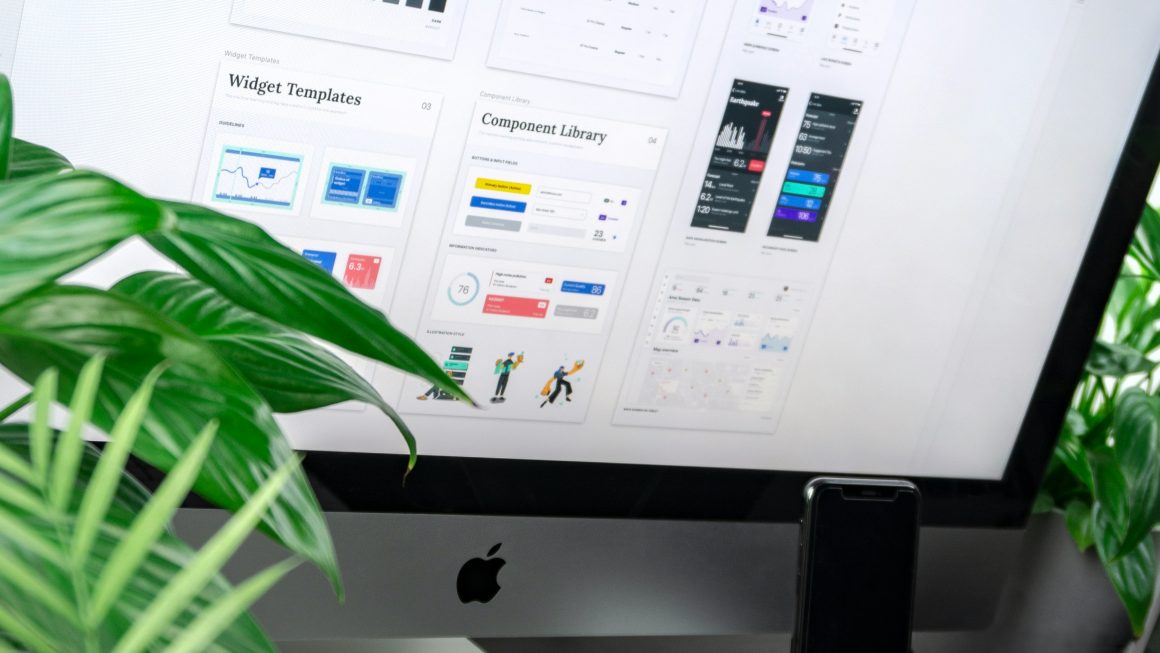Fifth-generation wireless networking has already hit us. We are close to enjoying super-fast speeds and revolutionized mobile networking. Industries are recognizing this technology as a promising opportunity from an economic perspective. However, most people do not understand the differences between 4G vs 5G. And how it is more advanced and effective.
5G was a hotly anticipated mobile telecom technology. The fifth-generation offers exponentially faster internet speeds. Even the speed offered by ISPs such as Spectrum Internet may not impress you. 5G is making data sharing and downloading exceptionally fast. 5G has been activated for commercial use in many cities of the United States. 5G-enabled areas include many other countries and their cities.
The question is will 5G technology really living up to all this maddening hype? How different it is from 4G? Let’s figure out!
Even we got a next generation wi-fi called Wi-Fi 6
Differences between 5G and 4G
4G vs 5G : 4G enabled people to enjoy high-quality video streaming and video calling. It was considered impossible with 3G. 4G enabled people to enjoy live TV on a daily commute. However, video streaming became so common that it ended up having congestion in the network. 4G reached its technical limit. Which is why the need for the next generation of cellular networking arose. The following are some major differences between the two:
Congestion
One of the major differences between the two technologies. 5G will eliminate congestion completely. This means that you will not have 5 bars of networking signals at rush hours. And you will not be unable to access a web browser in times of high traffic.
Latency
The latency will be clearly decreased with 5G. Users will be able to transfer the data in real-time without experiencing high latency. For 4G, latency is almost 20-30 milliseconds. For 5G however, it will reach as low as 10 milliseconds. In the best cases, the delay will go as low as 1 millisecond.
This may not be important for individuals. But for industries and remotely-controlled and long-distance heavy machinery, this is huge. They will take it a critical milestone when it comes to the smooth functioning of their industrial operations.
Bandwidth
4G vs 5G : Under ideal conditions, 5G can be as fast as 10 Gigabits. It is 10 times faster than 4G. The speed has to be its major trademark. However, arguably, the biggest difference between 4G vs 5G is its effectiveness as a gateway for the IoT devices connected worldwide. Experts have predicted that 5G’s later iterations will be revolutionary for smart cities, data-driven industries, and infrastructure management. It will be possible to make more devices work securely and reliably without any interruptions.
The mind-blowing speed that 5G offers mean ultra-high resolution and high-quality 4K video calls. That’s the standard that commercial digital cinema uses. Downloads will be extremely fast. It would not be an exaggeration to say as fast as a blink of an eye. The standard of data transfer with 5G is less than 20 milliseconds.
Live streaming will be flawless and incredible. However, for an individual, the speed of downloading is not entirely different from 4G. Because live HD video streaming and downloading HD video content were very much achievable with 4G too. Also, instead of using in-home broadband, people can opt to use a 5G Wi-Fi router for better speeds. This will be an economical solution too because they won’t be paying for home internet separately.
Spectrum
In every country and area, each operator owns various blocks of spectrum. They actually are a range of electromagnetic radio frequencies, which are used to transmit sound, video, and data across that area. This entire spectrum is added to create the total network capacity that determines how fast the data can be transferred.
Secure
5G will allow better splitting of the network in terms of tailored speed, coverage, capacity, encryption, and most importantly security. Slicing allows manufacturers and other dedicated networks to sully control as well as support the IoT solutions for guaranteed quality of services, reliable communication, and Edge or Cloud-based computation.
This provides an additional security element that Wi-Fi neither offers nor affords. Mainly because it is shared with many others on the spectrum and is susceptible to interferences. Also, this is not easily achieved by 4G. Slicing allows it to be done over 5G effortlessly.
Overall, 5G has a major edge over 4G in many ways.
- Less interference.
- Higher speeds.
- More capacity for an increased number of connected devices.
- Better efficiency.
- Less latency.
- High security.
5G is a win-win and in this detailed analysis we have figured out that it will even suffice for a whole family and household without having to pay extra to an ISP. With my new 5G subscription, I’m planning on calling the Spectrum internet service number to unsubscribe my monthly internet package.




